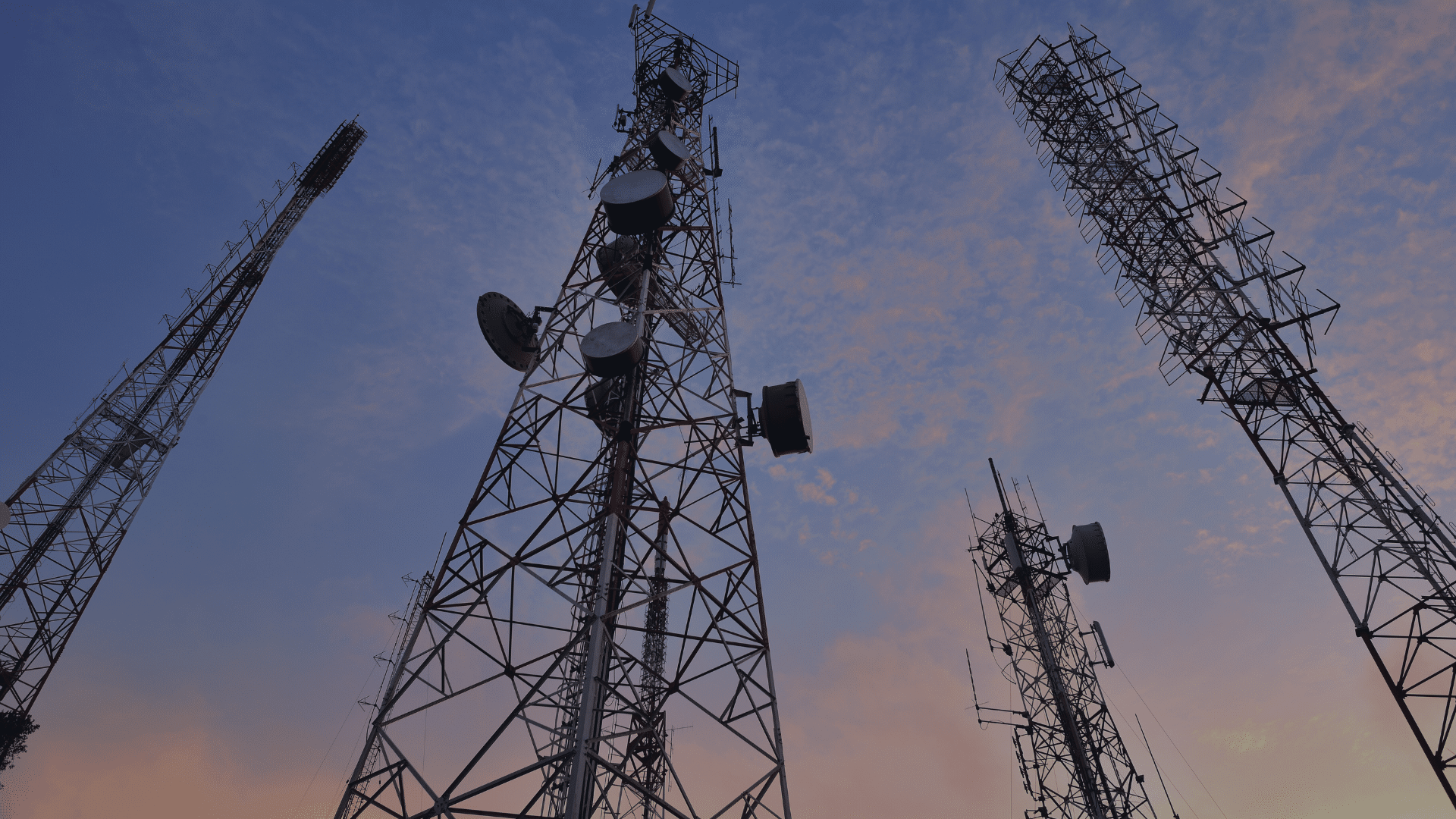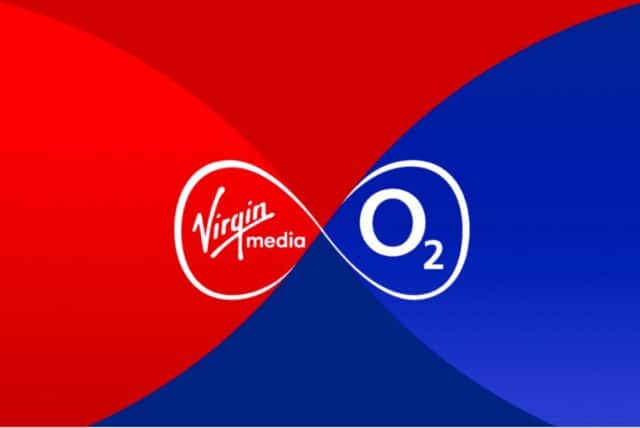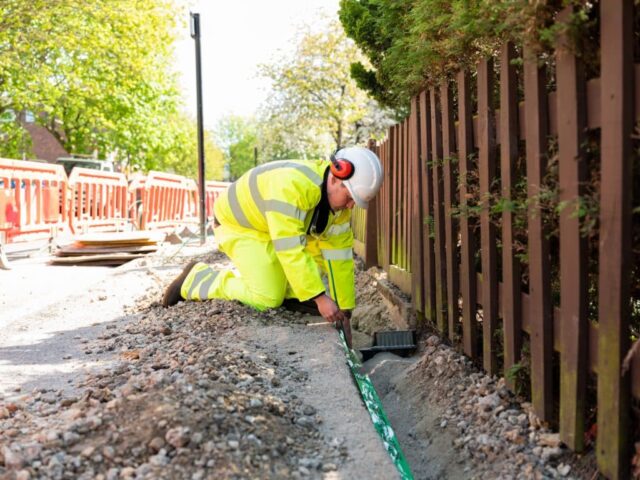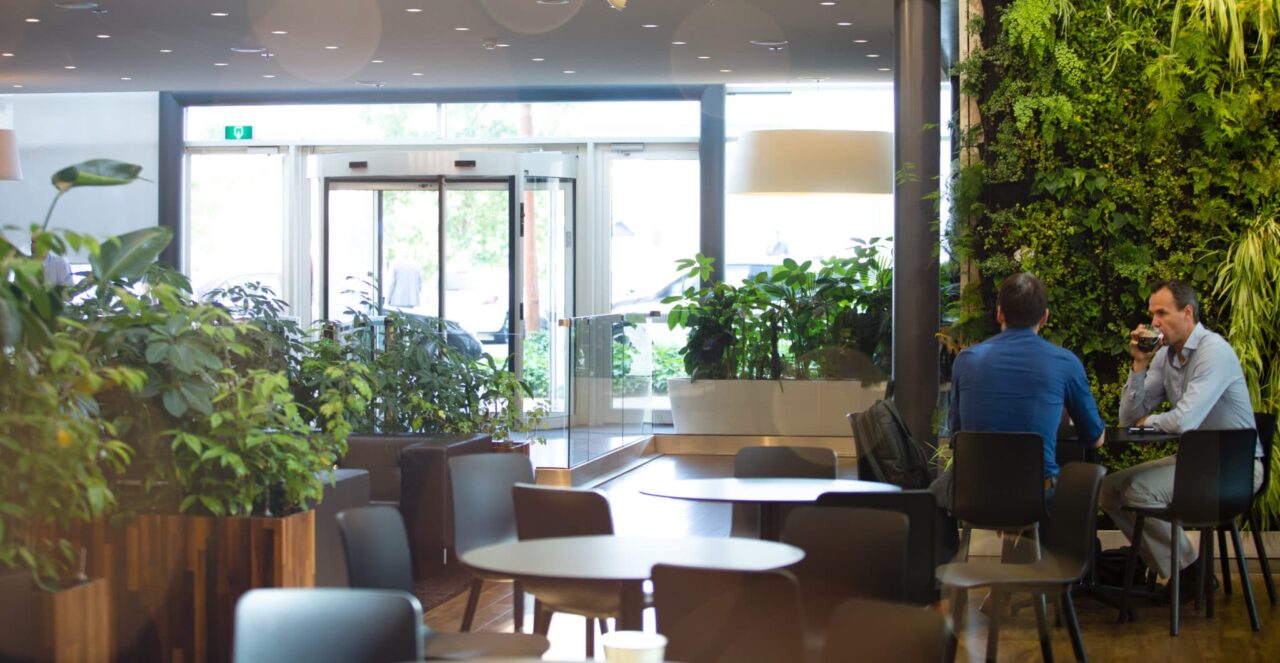Virgin Media O2’s have announced their ‘Mobile Transformation Plan’ which will see the operator invest around £2m a day into its mobile network, equivalent to approximately £700m this year, to enhance reliability, speed and coverage. This major boost for the mobile network will deliver a step change in performance and help deliver the best possible experience for customers.
This significant investment programme comes in response to mobile network demand reaching an all-time high, with traffic more than doubling in the last five years.
The ongoing transformation programme includes major investments in cutting-edge mobile infrastructure and core network upgrades. The programme will be focused on expanding 4G and 5G coverage to historic ‘not-spots’ in rural and coastal areas, a dedicated small cells rollout to boost capacity in dense urban areas, and innovative solutions to address persistent network pain points including along railway lines, at airports, on motorways, and in stadiums and arenas.
By bringing its mobile and fixed networks closer together and using its own fibre network to connect mobile sites, the operator will improve the resilience and speed at which it can deploy new mobile infrastructure. In hard-to-reach locations, satellite technology will also be used to connect Virgin Media O2’s towers offering a cost-effective way to tackle remote signal not-spots.
Jeanie York, Chief Technology Officer, Virgin Media O2 said “Virgin Media O2 is committed to providing our customers with a reliable connectivity experience wherever they are. Our Mobile Transformation Plan combines the necessary financial investment with the latest technological innovation to make this a reality.”
“We’re not just upgrading infrastructure; we’re creating a platform for future innovation. This programme ensures our customers will continue to benefit from superior reliability as new technologies and demands emerge.”
2025 will see Virgin Media O2 complete major steps to evolve its mobile network
This year, Virgin Media O2 will carry out major programmes to evolve its mobile network to be fit for the future, including deploying additional spectrum, harnessing artificial intelligence, and decommissioning outdated parts of the network, including the 3G network. Decommissioning this legacy network will allow Virgin Media O2 to focus investment into more energy efficient and higher capacity future networks, and harnessing AI will enable the operator to unlock efficiencies that will be reinvested to improve the network experience.
Virgin Media O2’s Mobile Transformation Plan will focus investment into parts of the network that experience the highest levels of demand and areas where connectivity is most critical. Priority areas where the operator is looking to deliver significant improvements include:
- Railways: Enhancing connectivity for VMO2’s customers at stations and on trains, which poll as one of the top three locations where the public want to see improved connectivity
- Roads: Strengthening coverage along motorways and major routes, ensuring consistent service for the two thirds of Brits who rely on connectivity for GPS maps when driving
- Dense urban areas: Continuing to deploy small cells in cities across the UK, to boost capacity in some of the most high-demand locations
- Hard to reach remote locations: Tackling long term not-spots with innovative solutions such as satellite backhaul to connect some of the most difficult to reach areas of the UK
- Stadiums and Venues: Deploying Distributed Antenna Systems (DAS) and dedicated networks to ensure uninterrupted connectivity for attendees at live events, which rank in the top 10 for the general public when it comes to desire for unfaltering connectivity
The programme forms part of Virgin Media O2’s wider £2bn investment this year in its fixed and mobile networks and services to provide customers across the UK with the best experience possible.







